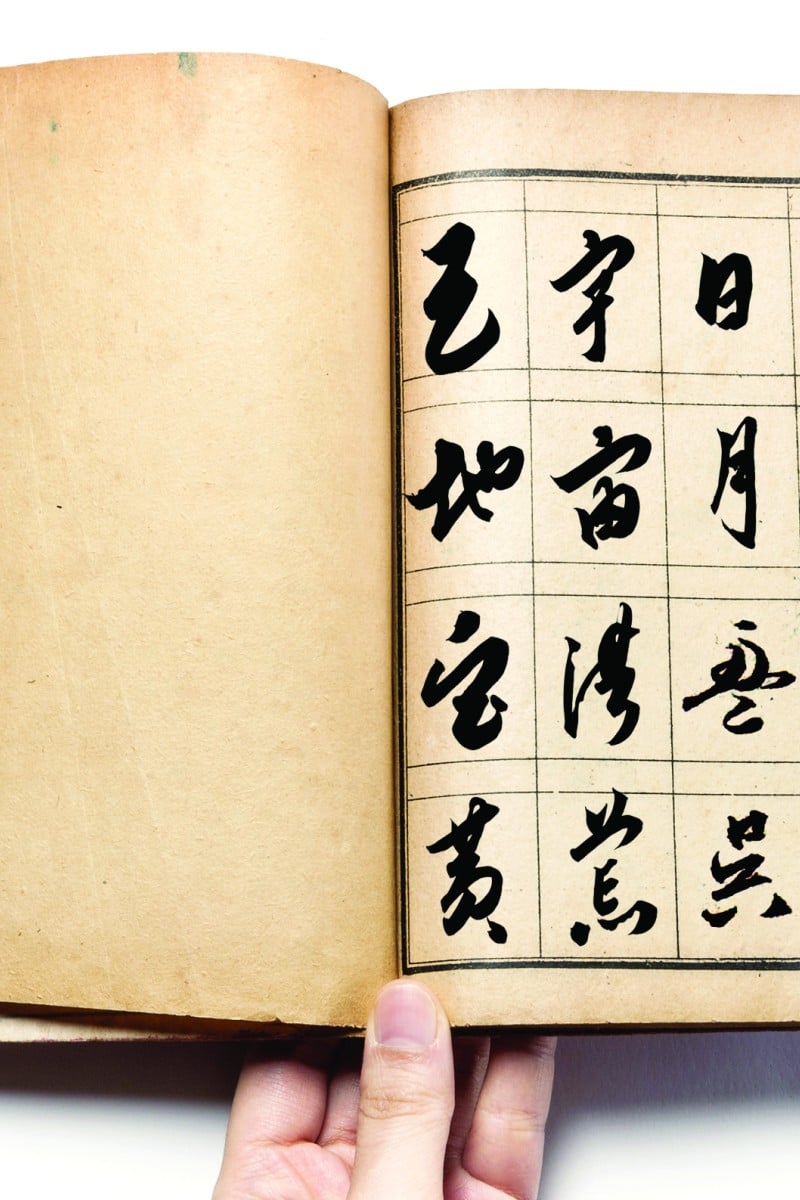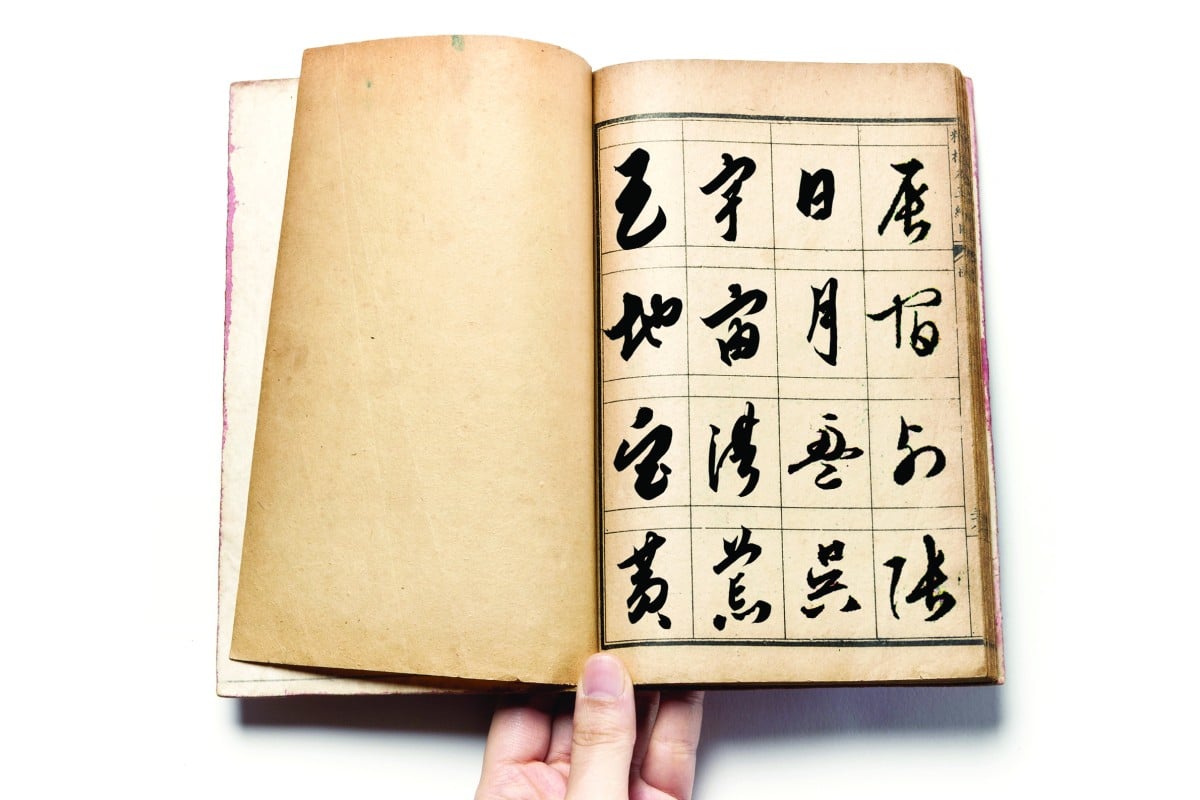
DSE Chinese exam 2016: where you went wrong and how you can improve

The DSE Chinese exam has been called “the paper of death” because some students who achieved outstanding results in other subjects didn’t even manage to score grade 3 in this. This shattered many students’ dreams of getting into university.
Young Post asked secondary school Chinese teacher Jenny Lee and Modern Education tutor Leung Hon-hin to analyse this year’s Chinese exam report to explain where students went wrong and how to avoid similar mistakes next year.
Paper 1: Reading
The reading paper consists of one contemporary text and one classical Chinese passage. Lee said students did particularly badly in Q3 (v), which asked students to summarise the main ideas of Part 3 (paragraphs 15-18). She said students simply copied the words or passages from the text.
Lee suggested digesting the entire text and then using your own words to summarise what the passage is talking about, while making sure to include key words such as sweet potatoes and growth.
The report highlighted that a lot of students struggled with Q10, which asked about metaphors. Leung said many students didn’t understand some of the expressions. For example, Q10 (ii) asked: “The sweet potatoes were seeded in construction sites. If these potatoes were humans, what personal qualities would they possess?”
Leung suggested a simple method for answering this type of question: first, read the surrounding text; second, try to understand what characteristics these sweet potatoes have, given that they were grown in an unfavourable environment. Then consider what these characteristics would look like if the sweet potato were a person. For example, they could be defined as tough, hardy, resilient or adaptable. It is important to put the answer into your own words.
The report said students struggled with the classical Chinese reading passage. In particular, students failed to explain classical Chinese words or phrases in Q13, Q14 and Q19. Leung said students had just memorised these words but weren’t sure how to use them in context. “Simply listing all the meanings of a word won’t score you any marks. You need to identify one definition that fits the context.”
Lee also advised students to answer in modern Chinese, as some tried to only use classical Chinese or copied words from the passage.
Paper 2: Writing
Of three options, students had to choose one question and write at least 650 words in 90 minutes.
Q1 opened with: “After all the excitement, I felt empty” and asked students to continue the story. Leung said many students didn’t do well here because they struggled to interpret the sentence accurately. Feeling “empty” does not mean angry or holding a grudge. This feeling does not imply grief, either. The phrase describes feeling sad or lonely after something fun, for example, a party, a festival or a football match, has ended.
Leung suggested reading each word of the question three or four times before planning or writing, because you won’t score many marks if your answers are off topic.
He also advised candidates to explain the difference in how they felt during the event, and the resulting feelings after the event had ended. He noted that some students focused mostly on their feelings during the event, meaning they ended their stories too abruptly.
Most importantly, Leung said many students forgot to establish logical connections between the two parts. It was important to keep the story flowing by saying how and why these actions made you feel lost.
Not many students chose the argumentative essay in Q3, which asked students to argue whether “traditions are an obstacle to innovation”. Leung said some students misinterpreted “traditions” as something old, such as mobile phones from the 1990s, rather than traditional customs or practices.
Lee said students’ writing would sound stiff if they used the success stories of entrepreneurs such as Ricky Wong Wai-kay or Steve Jobs as examples. Think carefully about whether these stories are applicable to your essays, Lee stressed, adding that giving examples won’t guarantee a higher score unless you use them appropriately.
Paper 3: listening and integrated skills
Part B assigned you a role as a library club chairperson and your task was to write a letter to the principal to promote “Library Week”. Lee said that many students only listed the benefits of the week, but they did not explain why this event was beneficial to the school or students. She advised you to use the sources from the reading and listening materials.
Leung said you should write your answer in the appropriate register, tone and style. Remember you are writing a letter to the principal asking for approval. The tone of your letter has to be sincere. Saying something like: “Everyone is responsible for this event and you need to take notice of it” is not appropriate. Something like, “I hope you will consider my suggestions” is much better.
Paper 4: speaking
Both teachers said many students performed well in questions relating to their daily lives, but they were particularly weak with the questions about Chinese culture. One of the most difficult questions, they pointed out, asked students which object, from a range of items including Chinese plums, bamboos or chrysanthemums, best represents the personal qualities of a gentleman.
Leung recommends getting a head start by reading the materials included in the HKALE Chinese Language and Culture, which mainly covers Confucian concepts, including the personal qualities of a gentleman.